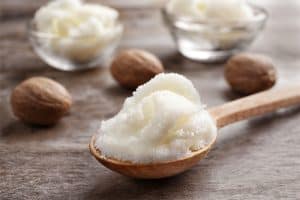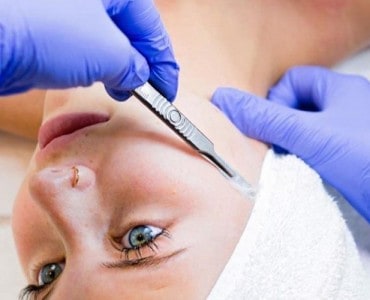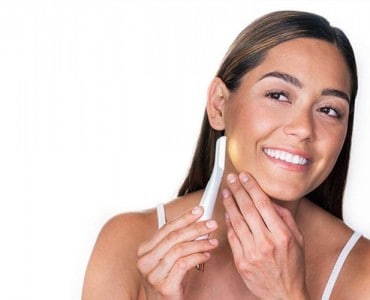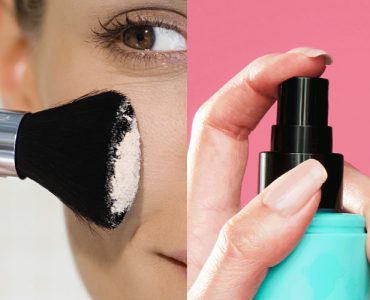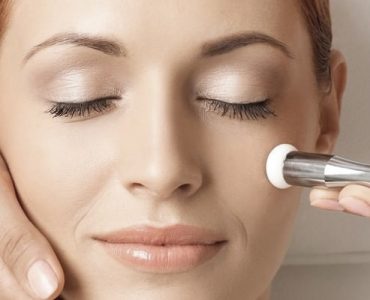So, you’ve decided to take the first steps on your skincare journey. First, well done. Next, let us welcome you to the vast and wonderful skincare world. Whether you’re a detail-oriented person who likes to do everything in multiple stages or someone who likes to get things done as quickly and efficiently as possible, there’s a skincare routine out there that will fit your needs just right.
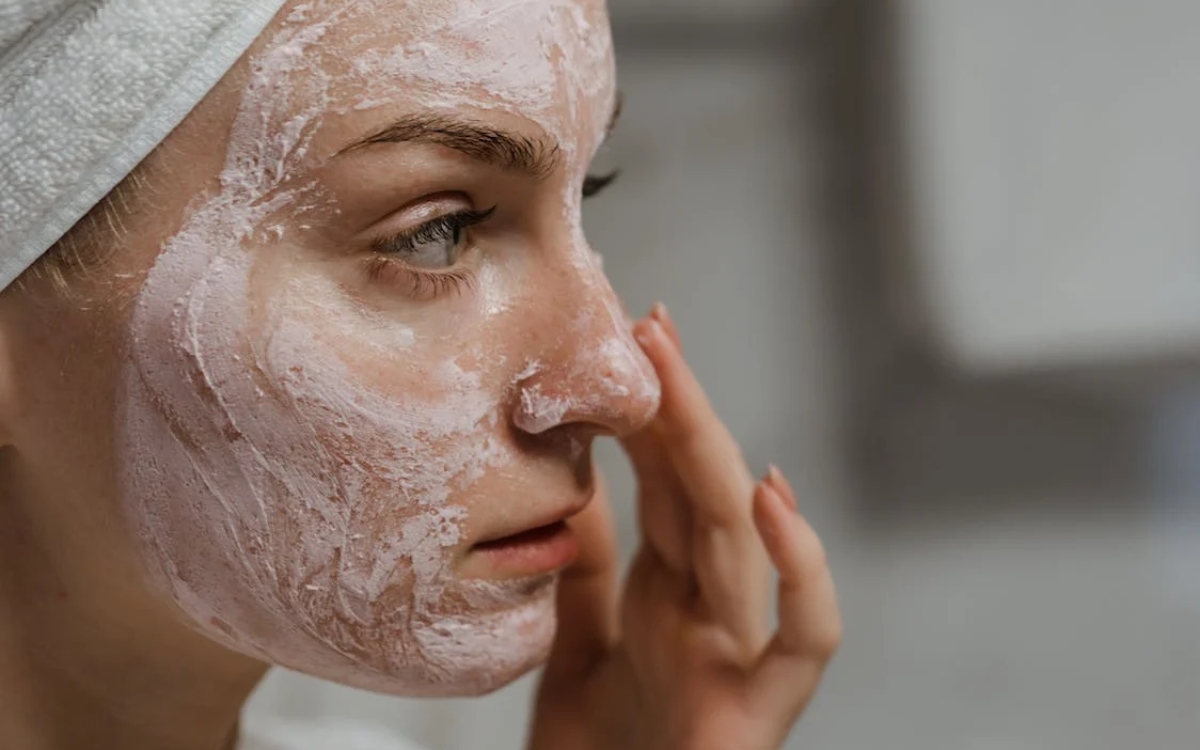
There are a lot of skincare choices on the market, so choosing might feel a little overwhelming, but we’ve got you covered. When starting, we recommend a simple routine that you can master before moving on to something more complicated and specialized. We recommend all skincare beginners have these products in their vanity cupboards.
Skincare Staples to Get You Started
Since you are at the beginning of a life-long skincare journey, there are a few crucial questions you need to ask yourself before you proceed.
- What type of skin do I have to work with? Oily, dry, sensitive, regular, or combination skin? Different products will work best for different skin types.
- Do I have any specific skincare concerns or skin conditions to address? Do you have eczema? Are you prone to rosacea? If you have concerns, consider your product’s ingredients carefully.
- How long do I want my morning and evening skincare routines to take me every day?
The answers to these questions will help you determine which products and ingredients you should choose or avoid and how many products (for example, a facial essence, serum, moisturizer, peel, etc.) you want to include in your routine.
A basic morning skincare routine follows four simple steps:
- Cleanse.
- Apply serum or essence.
- Moisturize.
- Apply SPF.
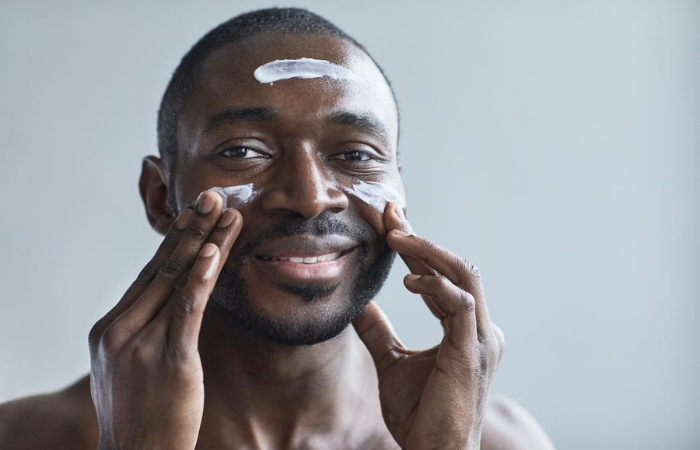
Cleanser
A cleanser washes away dirt and makeup accumulated overnight or during the day and gives your skin a fresh start.
Read This Next:
Oily skin: You’ll need a cleanser that cleanses the skin’s surfaces and pores of all extra oil. Maintain the skin’s pH and keep the skin hydrated without adding extra oil by choosing ingredients like soy, aloe vera, and cucumber extract.
Dry skin: You need to select a cleanser that helps this skin type retain moisture. You’ll want to avoid harsh ingredients and choose gentle ones like kombucha and prebiotic inulin for cleansing and smoothing.
Sensitive skin: Choose very mild ingredients. Always aim for a pH-balanced formula that contains things like borage seed oil and cucumber for moisturizing and soothing effects.
Normal skin: This is the easiest skin type to shop for. You’ll have happy skin as long as the formula includes cleansing ingredients and something that will put moisture back into your skin as the dirt is removed.
Combination skin: This skin type can be a real challenge as you need to understand what kind of combination skin you have. Ask a beautician or dermatologist for their input, and then purchase according to the types of skin your combination includes.
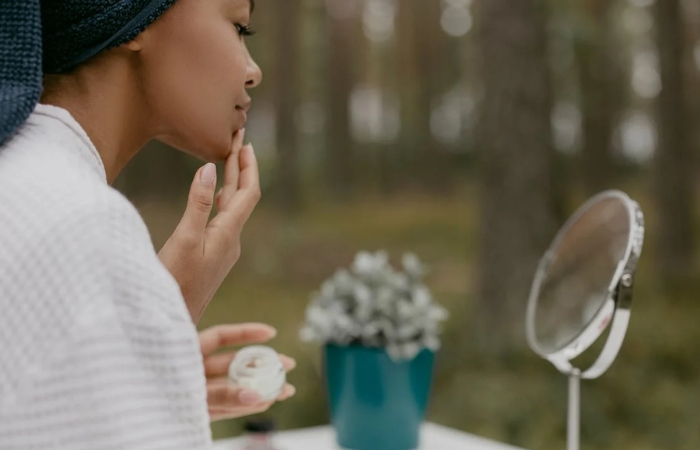
Serum or Essence?
These are usually thin, gel-like substances that come in bottles with droppers for application. Put a few drops onto clean hands after cleansing and the serum all over your face. Wait for the serum or essence to sink into your skin before moving on to moisturizer.
Read This Next:
Oily skin: Choose a serum or element that includes ingredients like AHAs to even skin tone and prickly pear extract to enhance exfoliation.
Dry skin: Look for ingredients like saccharomyces cerevisiae to smooth out your skin’s texture, monk’s cress extract for even skin tone, and white truffle extract for skin rejuvenation.
Sensitive skin: Ingredients like damask rose extract will strengthen your skin barrier, rose water will soothe and calm it, and squalene will moisturize as it sinks in.
Normal skin: Since your skin is already well-balanced, why not give it a little treat in the form of some vitamins and antioxidants? Vitamin A to ward off free radicals, vitamins C and E for vibrancy and smooth texture.
Moisturizer
Whatever type of skin you have, moisturizer is an essential item to have as a part of your skincare routine.
Oily skin: Opt for a light or gel-based moisturizer rather than creamy. Ingredients like vitamin E and hyaluronic acid are a good bet.
Dry skin: Hyaluronic acid is a good choice for its moisturizing properties. Choose a cream rather than a gel.
Read This Next:
Sensitive skin: Sensitive skin needs extra help, so select a moisturizer that includes ceramides to strengthen the skin barrier.
Normal skin: Shea butter will be your friend, along with go-to’s like vitamin E and super lotus extract.
SPF
Choose your SPF in line with our recommendations for moisturizers. Choose a mineral SPF whenever one is available.
If you have these four basics, your beginner’s skincare routine will get off on the right foot. Stick to the basics and master them, then start to include more products if you’d like to specialize your routine more.
FAQs (Frequently Asked Questions)
How Do I Tailor a Skincare Routine for Sensitive Skin?
If you have sensitive skin, it’s crucial to choose skincare products that are gentle and free from harsh ingredients like fragrances and alcohol. Opt for hypoallergenic products designed for sensitive skin. Patch testing is a smart approach; apply a small amount of a new product on a small area of your skin to check for any adverse reactions. Additionally, consider consulting a dermatologist for personalized recommendations, especially if your sensitivity is severe.
Are Natural or Homemade Skincare Products a Good Choice?
Natural and homemade skincare products can be an appealing option for many, as they often contain fewer synthetic chemicals. However, it’s important to approach them with caution. Not all natural ingredients are suitable for every skin type, and homemade concoctions may lack the necessary stability and preservatives. Research thoroughly, consult with a skincare professional if needed, and ensure any DIY recipes are safe and well-balanced.
When Can I Expect to See Results from My Skincare Routine?
Results from a skincare routine can vary depending on factors like your skin type, the specific concerns you’re addressing, and the products you’re using. In general, you may start noticing improvements within a few weeks to a couple of months. Patience is key, as consistent, long-term use of products is often necessary for noticeable changes. Remember that skincare is a marathon, not a sprint.
Is It Necessary to Use All the Recommended Skincare Products?
While a comprehensive skincare routine can provide maximum benefits, it’s not mandatory to use every recommended product. The core steps of cleansing, toning, moisturizing, and sun protection are the essentials. You can tailor your routine by adding or omitting products based on your specific skin concerns and goals. It’s more important to be consistent with the products you do use rather than overloading your skin.




